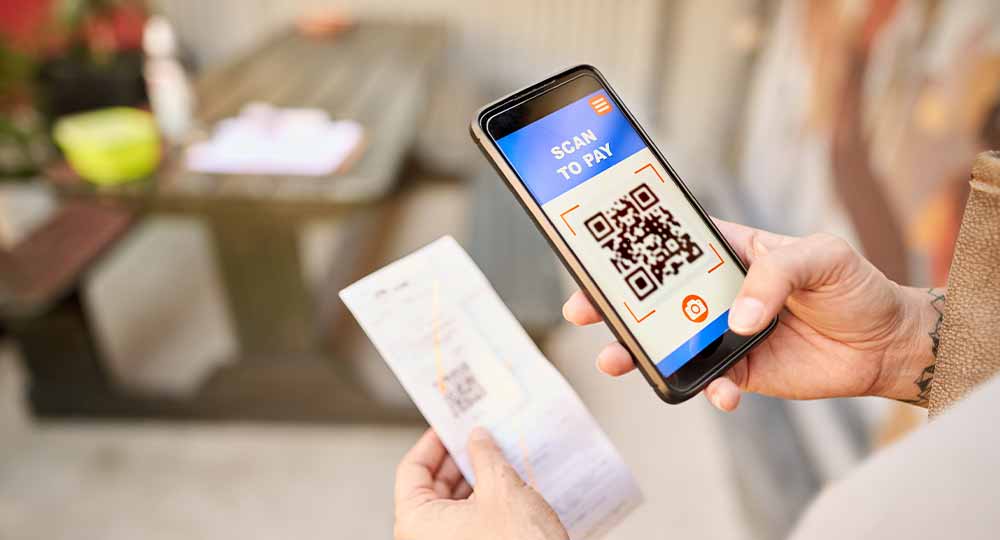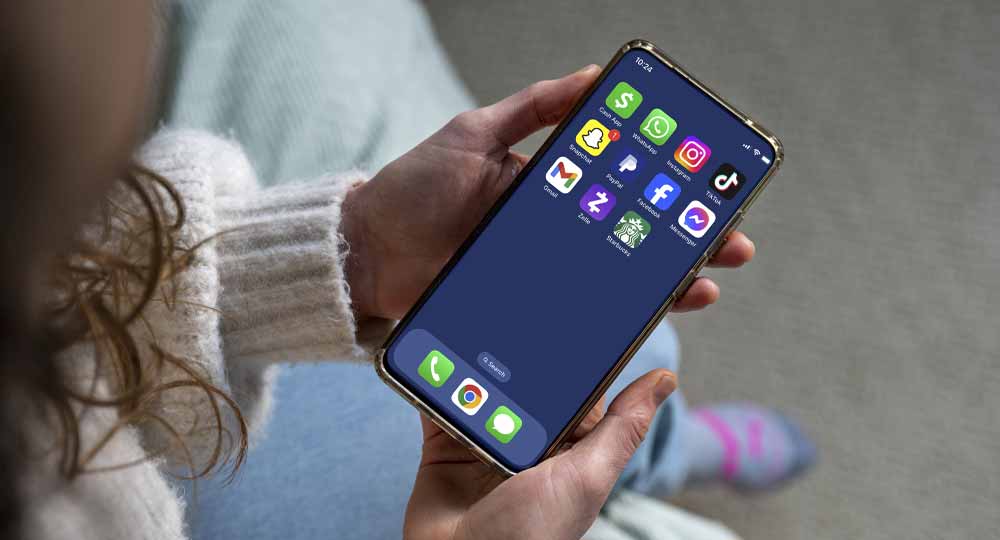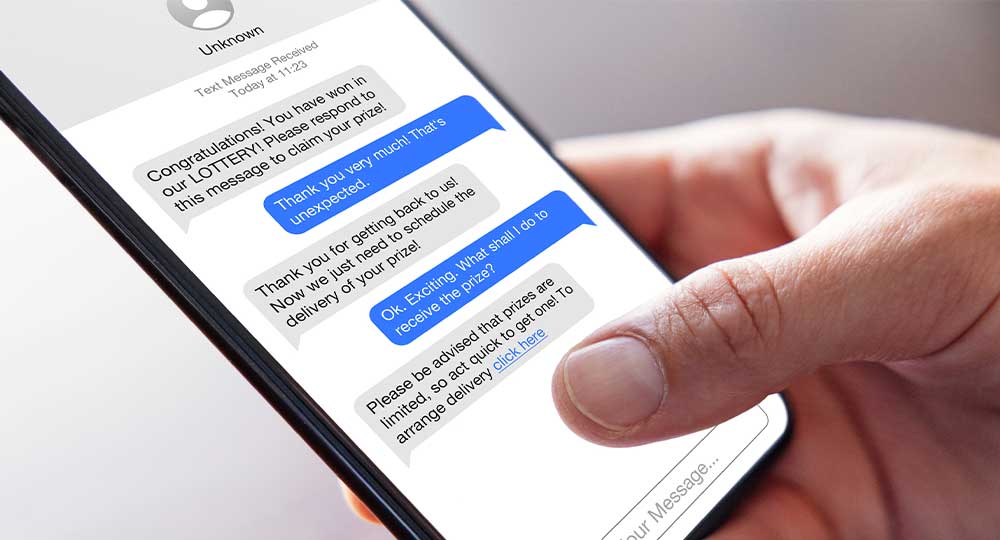Cyber Security Best Practices
Stay safe online with Forward Bank’s cybersecurity best practices. Learn essential tips to protect your personal and business information at home, while traveling, and on the go.
Jump to a section
Essential Tips to Keep You Safe Online
In today’s digital world, keeping your information safe is more important than ever—whether you’re cozy at home, out and about, or managing your business. By taking a few simple steps, you can protect your personal details and enjoy peace of mind, knowing you’re staying ahead of the latest cyber threats.
- Keep your software up to date: Whether it’s your computer, smartphone, or other devices, always ensure you have the latest security updates installed. Enable automatic updates for your operating systems and apps to prevent cybercriminals from exploiting outdated software.
- Use multi-factor authentication (MFA): This extra layer of protection—such as a text message code or fingerprint—can significantly reduce the chances of unauthorized access to your accounts, even if your password is compromised.
- Beware of suspicious links and attachments: Cybercriminals often use phishing emails and fake websites to trick you into sharing personal information. If you receive unexpected links or attachments, think twice before clicking or downloading, and always verify the sender.
- Secure your Wi-Fi network: Protect your home Wi-Fi with a strong password and encryption. Avoid using public Wi-Fi networks for sensitive activities like online banking or shopping unless you use a trusted Virtual Private Network (VPN) to encrypt your data.
- Back up your data regularly: Ensure you have backups of important files, photos, and documents on a secure external hard drive or cloud service to prevent data loss from attacks or device failures.
- Stay cyber safe while traveling: When traveling, keep in mind that cybersecurity doesn’t stop at home. Update your mobile devices, use strong passwords, disable auto-connect features, and be cautious with public Wi-Fi networks to avoid exposure to cyber threats.
- Know your apps: Only download apps from trusted sources and regularly review the apps you have installed. Delete any apps you don’t use to reduce your risk.
- Protect your business: Implement strong security measures, like updated antivirus software, data encryption, and clear cybersecurity policies, to safeguard your organization’s information.

Moving Your Security Forward
While cyber threats can be daunting, protecting your digital life is easier than you think, and your security is always our priority. At Forward Bank, we’re dedicated to helping you stay safe online, whether at home, on the go, or in your business.
And if you ever have questions or need guidance, remember that our team is just a call away. We’re here to support you in every step of your digital journey.
Security Tip Articles
Insurance and Investment products are *Not FDIC Insured *No Bank Guarantee *May Lose Value *Not Insured by Any Federal Government Agency *Not a Deposit








